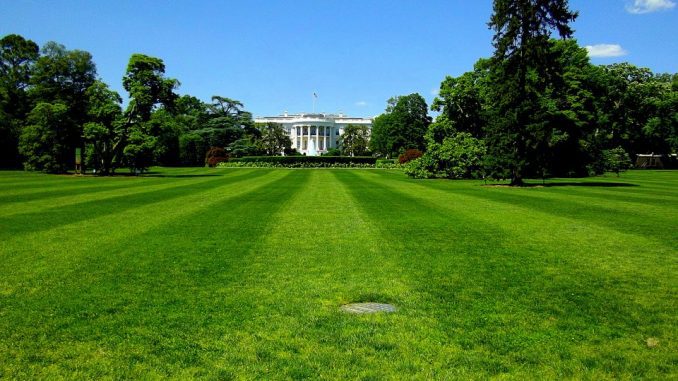
Former GOP lawmaker Liz Cheney has recently announced her decision to teach at the University of Virginia, signaling a shift in her career and a likely end to speculation that she may run for President in 2024. Cheney, who is widely regarded as a prominent and outspoken critic of former President Donald Trump, has been a divisive figure within the Republican Party since she was ousted from her leadership position in May 2021. Many political observers have been closely watching Cheney’s next moves, with some speculating that she may seek higher office or even mount a third-party challenge in the next presidential election. However, her decision to teach at a prestigious academic institution suggests that she is more focused on rebuilding her reputation and contributing to public discourse in a different way.
Cheney’s appointment as a visiting fellow at the University of Virginia’s Miller Center was announced on February 24, 2022. According to a statement from the center, Cheney will be joining a team of scholars, policymakers, and journalists who are committed to “advancing the understanding of the presidency, public policy, and political history.” Cheney will reportedly be teaching a course on “American Foreign Policy and the Challenges of the 21st Century,” drawing on her extensive experience as a former member of Congress and the former Vice Chair of the House Armed Services Committee. In a statement, Cheney expressed her excitement at the opportunity to engage with students and help shape the future of American foreign policy:
“I am honored to join the Miller Center and the University of Virginia community in this important work,” Cheney said. “As our nation faces unprecedented challenges both at home and abroad, it is more important than ever that we have a deep understanding of our history, our values, and our role in the world. I look forward to engaging with students and scholars from all backgrounds and perspectives to explore these issues and chart a path forward.”
Cheney’s decision to take on a teaching role at the University of Virginia suggests that she is more interested in contributing to public discourse through academia than through electoral politics. While some have speculated that Cheney may run for President in 2024 as a third-party candidate or even as a Republican primary challenger to Trump, her decision to focus on teaching suggests that she is not actively pursuing that path at this time. Teaching at a prestigious institution like the University of Virginia can be a highly rewarding and influential position, allowing Cheney to shape the minds of future policymakers and thought leaders.
Additionally, Cheney’s appointment to the Miller Center may be seen as a strategic move to rebuild her reputation and credibility following her high-profile feud with Trump and her subsequent ouster from Republican leadership. By joining a team of respected scholars and experts at the Miller Center, Cheney is positioning herself as a serious and respected voice in American politics and foreign policy. Her teaching role will likely give her the opportunity to engage with a diverse range of students and scholars, many of whom may have different perspectives and political beliefs. This could help Cheney to broaden her horizons and gain new insights into the complex issues facing our country today.
In conclusion, Liz Cheney’s decision to teach at the University of Virginia signals a shift in her career and a likely end to speculation that she may run for President in 2024. While Cheney remains a prominent and influential figure in American politics, her decision to focus on academia suggests that she is more interested in contributing to public discourse through teaching than through electoral politics. By joining the Miller Center, Cheney is positioning herself as a serious and respected voice in American politics and foreign policy, and her teaching role will likely give her the opportunity to engage with a diverse range of students and scholars. Overall, Cheney’s appointment to the University of Virginia is a positive step for her career and potentially a valuable contribution to public discourse.
Her contract is only through the Fall of 2023, so she could theoretically still run for 2024. But this job makes that highly unlikely.

